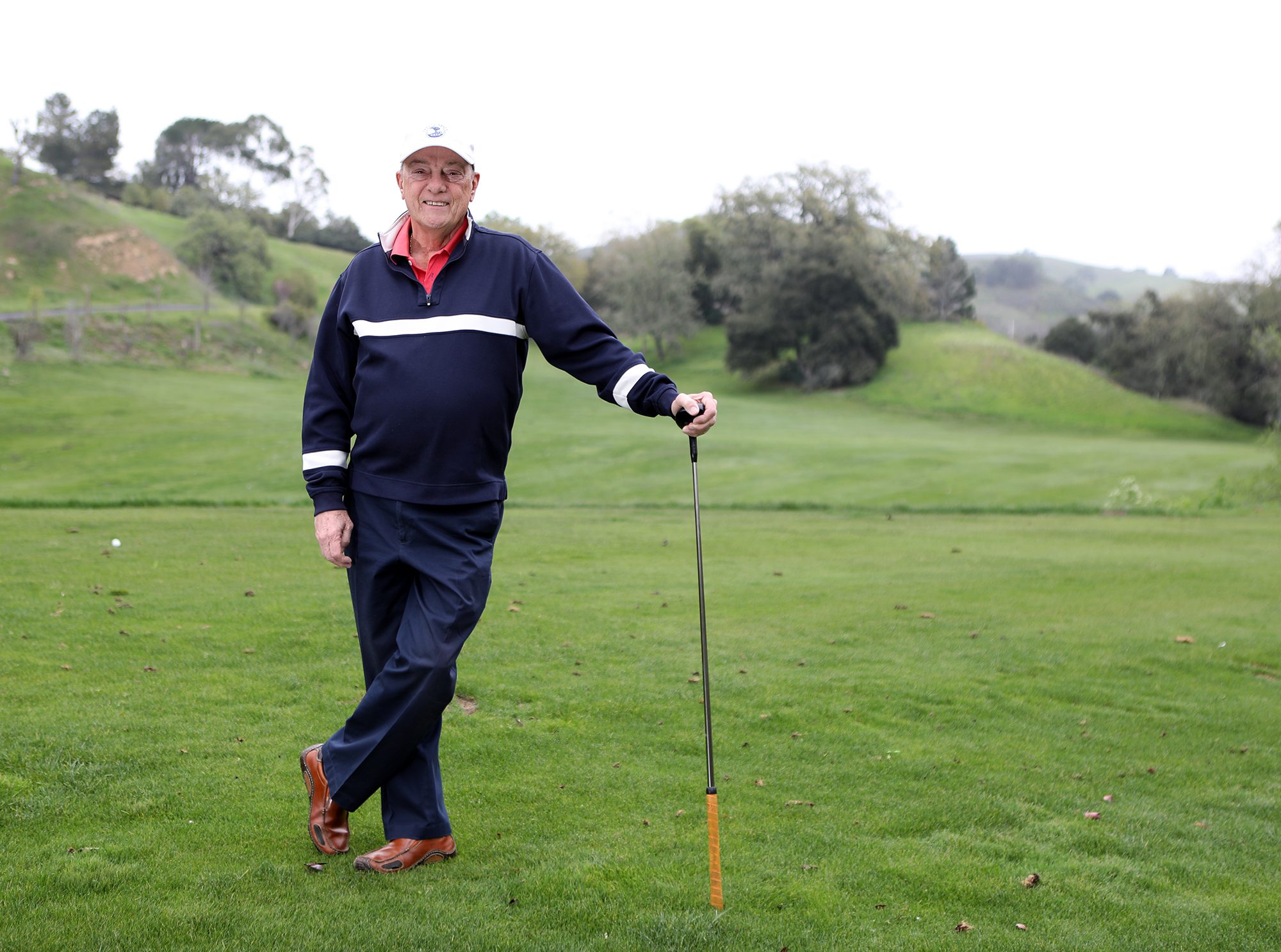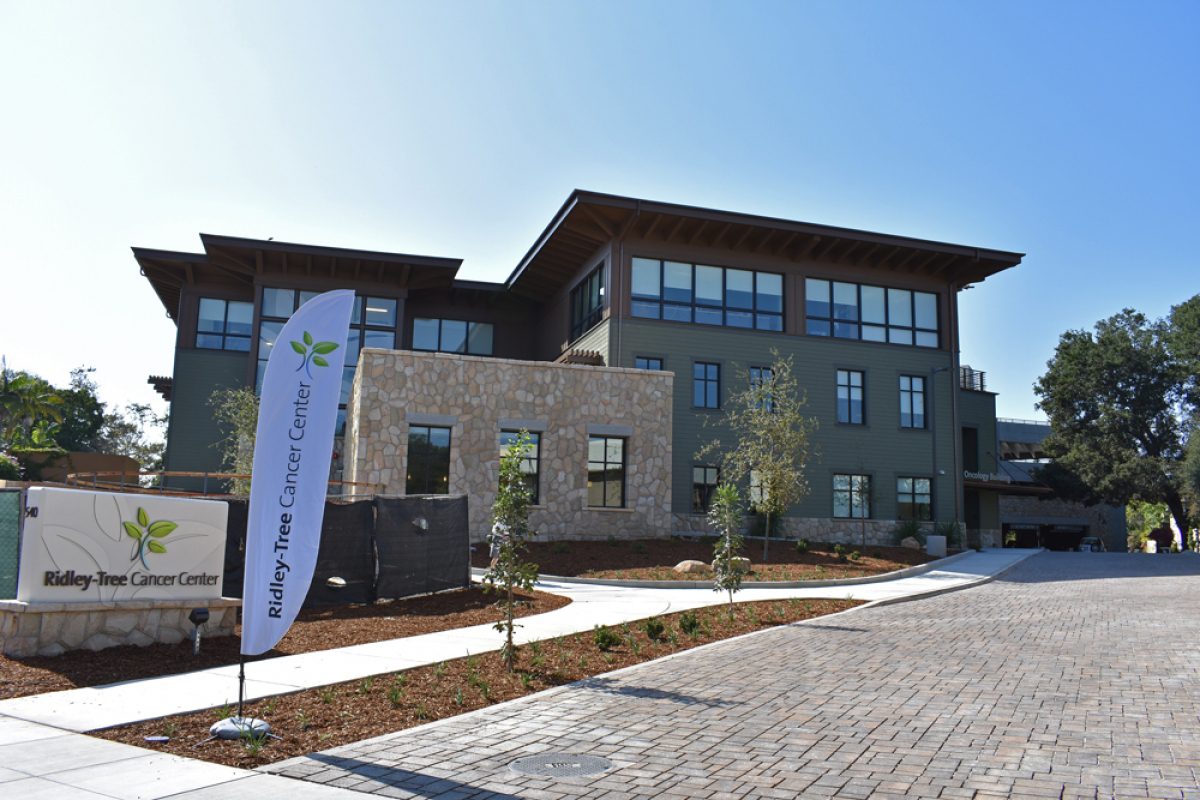By Sheila Benedict
Contributing Writer
This month’s column is being written in Dublin, Ireland, so Dia dhuit (Hello).
By the time you read this, I will be back in the Santa Ynez Valley. However, working in various record offices is what every genealogist should do, whether here in Ireland or anywhere else they are located. It may be up or down the California coast, in the Midwest, or other parts of the USA, but it may also be in England, Italy, Denmark, Ireland, France, or anywhere else in the world.
Having said that: Never, never, never go on a field trip, as it were, without doing your homework first. If you think you can travel blindly and expect the research will be easy, think again!
For instance, in most, if not all, places where you live in the United States, there are local, county, state, and federal repositories where, with diligent searching, one might find the record(s) needed.
However, in a country like Ireland, for example, just knowing or thinking you know the county is not enough. In Ireland you need the Townland, Civil Parish, Registrar District; and possibly the Barony, Poor Law Union and Catholic church records. Sounds complicated – you bet – but worth the work.
If a genealogical researcher goes to the National Library of Ireland in Dublin and tells a volunteer in the genealogy office their ancestor came from County Cork, that person will immediately say – nicely – you need more than that, especially if the surname is very common and found all over the country.
It will be similar in other countries where some surnames are common. Lucky the person with an uncommon name! Further, since 1922, when the Irish Free State, now the Republic of Ireland, was formed, documents generated in Northern Ireland need to be researched in Belfast, not Dublin.
Emphatically, I say you need to do your homework in the USA first in records generated here by the immigrant ancestor. With luck, one of the records, for example a passenger list, census, vitals, naturalization, and others, with say more than just country of origin.
Further, you need to understand the governmental system of the particular country or countries your ancestors came from, the recordkeeping, and of utmost importance, the laws that govern the records and their accessibility.
Also remember that the law(s) that might be on the books now were not necessarily those that people had to follow generations back. Laws and rules can change regularly and need to be checked just as regularly. For countries where they speak, read, and write in another language, you have to be able to translate the records or find someone who can help.
Fortunately, there are many online databases to assist, and often there are translations available too. Some of the sites are by subscription, others free.
Finally, there is also DNA research, and the results of the testing can be important but it is only one element in a body of work.
Remember the four-leaf clover and, as the Irish say, Ádh mór – Good Luck!






